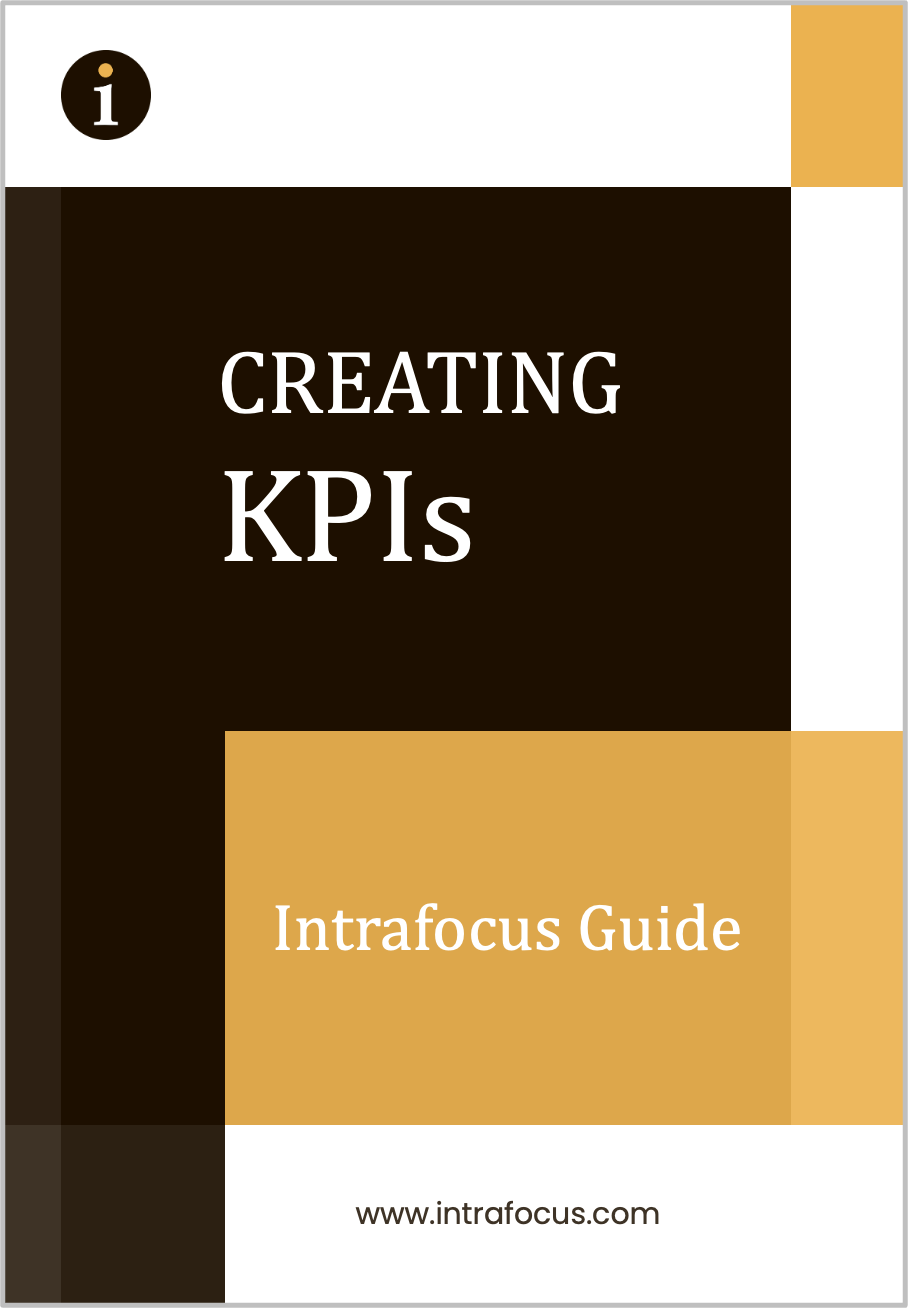SEO how good is your score – How do you get your company name to appear on the first page of a relevant Google search? The first thing to note is that there are no short cuts, you cannot buy a first page ‘organic’ position. Any objective related to search engine positioning has to be considered as part of a long-term strategy. You can, of course buy an advertised first page slot from Google and this will generate click-through, but it is not a long-term strategy. It is costly and in general does not increase the standing of your company. Click-through for advertised slots are less than 1%, most people will click on the first three-five organic positions long before clicking on an advertised search result.
All of the major search engines create search indexes. The index, and your position in the index, is based on how points you can gain against the criteria that the search engine has created. The criteria and associated algorithms are closely guarded secrets, but the principles related to ‘increasing your score’ are well documented. There are several things you need to consider:
Search Terms: What is your company famous for? Choose the right search terms. see last weeks blog for more on this subject. There are some very useful tools published by Google to help and experiment.
Content: The more relevant content the better. The reason Wikipedia is frequently on the first page of Google is because of the amount of content published and its relevancy. Search engines like to find lots and lots of content and will give higher scores if the content is relevant to the search terms used. Keep adding to your content. Blogs are a great way to increase the number of interesting pages.
Structure: Is your website structured well? Does it have a machine-readable sitemap? Search engines ‘crawl’ the Internet to build their search indexes. When they get to your site they utilise a machine-readable (HTML based) sitemap to navigate your site. If you do not have one your score will be degraded. If you have one and your site structure is good and your pages names contain relevant keywords your score will be increased.
Meta-tags: What is a meta-tag? Contained within the code of a website pages are machine-readable items called meta-tags. They give you an opportunity to converse with search engine crawlers and provide keywords and summaries for each and every page. Where once this was the domain of the website developer, today, content management systems usually have fields provided to enter keywords and page summaries.
Social media: Links to and from associated social media sites such as Facebook, Twitter, LinkedIn, YouTube and Google+ will help, but only if the information being generated on those sites is meaningful, relevant and useful
Links: Often referred to as ‘backlinks’. This is where other websites link to your own. This has become one of the most important areas of search engine optimisation. The search engines will look at how many backlinks you have, but more than this, they will also look at backlink history. They will not be fooled by sites that generate hundreds or thousands of backlinks quickly (recognising that it is actually quite easy to set up 100’s of ‘false’ website just to link to you own to generate a large backlink number).
The whole process of Search Engine Optimisation has become very sophisticated. Although it is still possible to fool a search engine, it is certainly not easy. It will not get any easier and this must be a good thing. Search result will become more valid and relevant over time. It is an area that must be considered important as part of any long-term company strategy.


